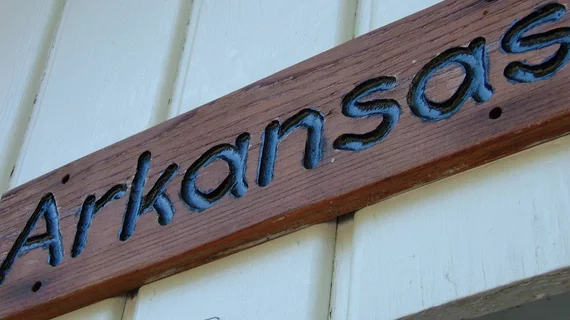Arkansas became the first state in the nation to implement Medicare work requirements in June. Six months later, almost 17,000 residents in the state have lost their health insurance coverage, according to a new monthly report.
The Trump administration began allowing states to implement Medicaid work requirement programs––which require a certain population of Medicaid beneficiaries to report work or work-related activities each month or else be in jeopardy of losing their benefits––at the beginning of 2018, despite objections from industry stakeholders and consumer groups that argued thousands, and potentially millions, of people would be at risk without coverage.
In December alone, another 4,655 beneficiaries were dropped from Arkansas’ Medicaid program. Those who lost insurance in 2018 may gain it back in 2019, but those who fail to report at least 80 hours of work per month for three months will lose coverage again, Arkansas Times reported.
Work requirement programs, which CMS has dubbed “community engagement programs,” have been met with controversy and backlash. In addition, some studies argue the payoff will be minimal, while subjecting already vulnerable people to more health risks without care and coverage. A judge blocked an attempt to implement a similar program in Kentucky.
Arkansas is facing legal battles that challenge the program.
So far, a handful of states, including Indiana, New Hampshire and Wisconsin, have won approvals to implement Medicaid work requirement programs, which are granted through section 1332 waivers.
Despite the potential for millions to lose critical healthcare coverage if the programs were to become widespread, CMS Administrator Seema Verma has defended the approach.

